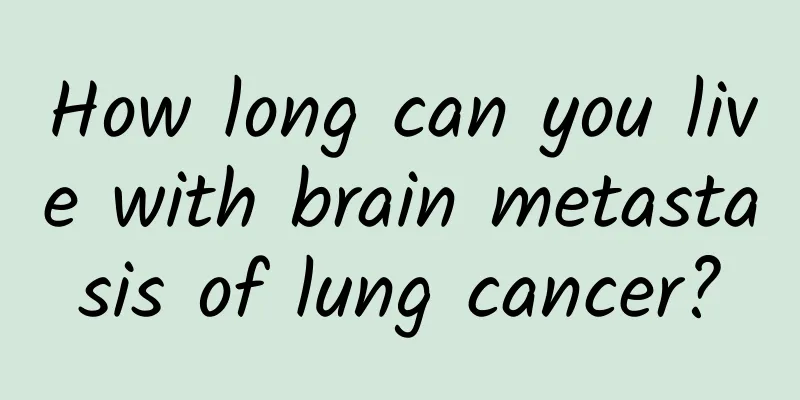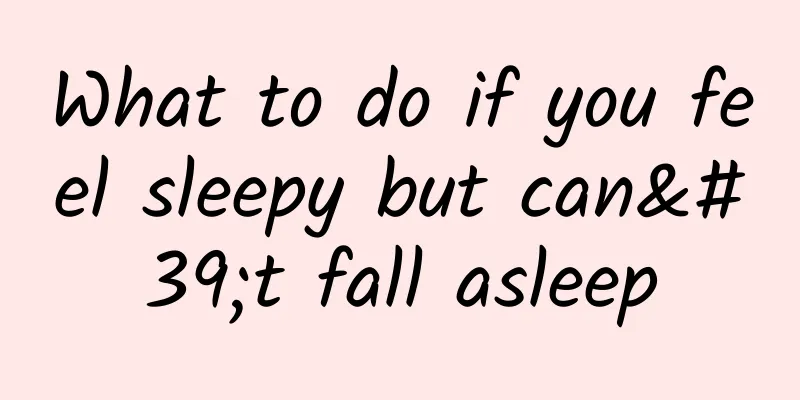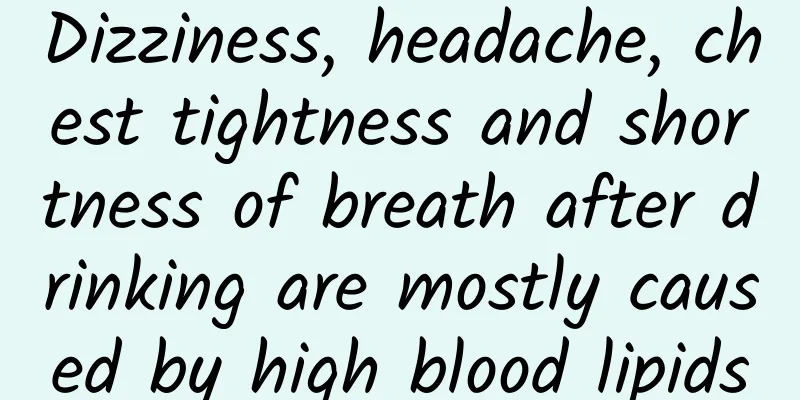What causes biting of the inside of the mouth when eating?

|
Old people often say that if you bite food in your mouth, it means you are greedy and want to eat meat. This statement is unscientific. Under normal circumstances, you will not bite your mouth when eating. Even if you do, most people don't care and think it will be fine in a few days. In fact, if you don't pay attention, it will develop into oral ulcers, which is very miserable. For some people, biting the inside of the mouth may be caused by other reasons, such as wisdom teeth or other diseases. If you always bite the inside of your mouth, you should be alert to the following problems: 1. Oral deformities such as poor bite between the upper and lower teeth, or protruding teeth. This causes damage to our cheeks during chewing, and this phenomenon must be treated by dental care in a timely manner. Repeated biting of the cheeks and damage to the oral mucosa create opportunities for oral cancer to occur. 2. Acquired dental problems such as missing teeth, wisdom teeth, cavities, dentures, etc., will inevitably cause friction with the cheeks and tongue, and biting the cheeks and tongue is inevitable. However, the consequence of this is traumatic ulcers, which will increase the risk of tongue cancer over time. Therefore, acquired dental problems still require seeing a doctor. Even if you are installing dentures, you need to pay attention to comfort. When oral trauma occurs, you should not wear them until they have healed. 3. Precursors of cerebral infarction: Cerebral infarction is mainly caused by arteriosclerosis, thrombosis and blood vessel blockage. In the process of gradual narrowing of blood vessels, it will cause damage to the nervous system, such as hemiplegia and brain death of some cerebral blood vessels. Oral inflexibility, slow swallowing, prolonged chewing time, drooling, dizziness, slurred speech, etc. are also precursors to myocardial infarction. Once people with the three highs experience similar conditions, they should seek medical attention immediately to avoid delaying the treatment. If you accidentally bite the inside of your mouth, you need to pay attention to the following issues: (1) Diet: Try to eat light food and avoid spicy, hot, salty or other foods that are highly irritating to the wound. In addition, it is best not to eat hard, rough or powdery foods to avoid further damage to the wound. (2) Oral hygiene: Pay special attention to oral hygiene after biting a wound to prevent oral bacteria from infecting the wound. For example, people who often forget to rinse their mouths after eating should pay special attention to rinsing their mouths with clean water after eating to remove food debris in the mouth, and remember to brush their teeth before going to bed at night. In addition, if the bite wound is relatively large, it is best to go to the pharmacy to buy a patch for treating oral ulcers, stick it on the wound to protect it and avoid contact with the teeth, which is more conducive to wound healing. |
<<: How does Triple Tablets treat oral ulcers?
>>: Will oral polyps go away on their own?
Recommend
What to do if your lips are very dark
If your lips turn black, you should be alert. The...
What are the benefits of Maca plus honey
I believe everyone knows Maca. Maca is a particul...
What medicine should I take for wisdom tooth inflammation?
Wisdom teeth are what we usually call the teeth t...
Can I drink Coke if I have a sore throat?
Sore throat is a problem that many of us encounte...
The efficacy of kapok tea
Perhaps many people don’t know what kapok flowers...
The efficacy and function of cinnamon in lowering blood sugar
In our daily life, cinnamon powder is one of the ...
Neurogenic migraine
Headache is a very common problem, but everyone&#...
The diagnostic criteria for viral myocarditis mainly depend on clinical manifestations
Everyone is familiar with the disease of viral my...
I have a sore throat and want to cough. What medicine should I take?
The most common cause of an itchy throat and the ...
Effects of drinking tea with Ophiopogon japonicus and American ginseng
Drinking tea made from Ophiopogon japonicus and A...
What to do if both tonsils are swollen
As we all know, tonsils are a kind of nodular tis...
How to nourish the kidneys? Diet therapy for nourishing the kidney
In daily life, many people often do not pay atten...
Tinnitus and dizziness in the elderly
After people reach middle age, their body organs ...
What foods are good for dry stools?
When the weather is hot, people often eat barbecu...
The efficacy and function of raw aconite
Raw Aconitum is distributed in Northeast and Nort...









